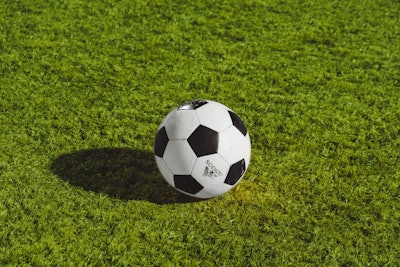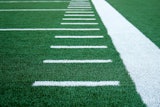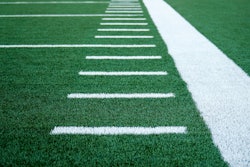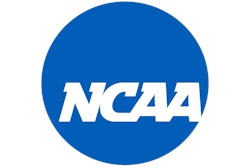
A Utah youth soccer league is making changes after dozens of reports of racist comments at league practices and games.
The Utah Youth Soccer Association reports 25 cases of racist comments this past season, which included 6,989 league games.
According to KSL.com, which cited league commissioner Scot Boyd, there were 12 issues reported in the fall season, involving three parents-to-player altercations, two comments brought to referees that did not follow the UYSA process, three players who alleged racist comments, one racist comment on the field where a referee wasn't informed, two calls against players, parents or coaches and one where the process was followed.
During the spring season that just concluded, the league reported 7,509 games played and 13 alleged racist incidents.
"We have been aware, for the last couple of years, too many incidents happening that we felt had racial undertones," Boyd said, adding that the league takes these incidents seriously.
"We want to eliminate every single one of these incidents if we possibly can," he said. The association updated a zero-tolerance policy on discrimination this past season.
Boyd walked through the changes during a presentation in March, where he talked about the use of the N-word.
"UYSA was humiliated this last summer when 3 of our players were ejected and then suspended for the entirety of Far West Regionals and Regional President's Cup. DON'T USE IT!"
The presentation also included guidance on how referees should handle such situations.
"Now, if a statement is made, you get in touch with the referee," he said. "You let the referee know the statement was made. The referee will stop the game, send both teams to the other sideline, talk to the complaining sideline, get the information, go back to the other sideline, explain what was going on."
"If the referee hears it and it's a racist comment by a player on the field, they're going to be ejected in almost all circumstances," he said.
The most important thing for Boyd is making sure players are heard.
"Right out of the gate, making sure they understand that it's not them, it's the other person. They're one hundred percent at fault," Boyd said. "And we don't like that behavior, we don't want that behavior, we don't need those people there who are going to participate in that behavior."





































